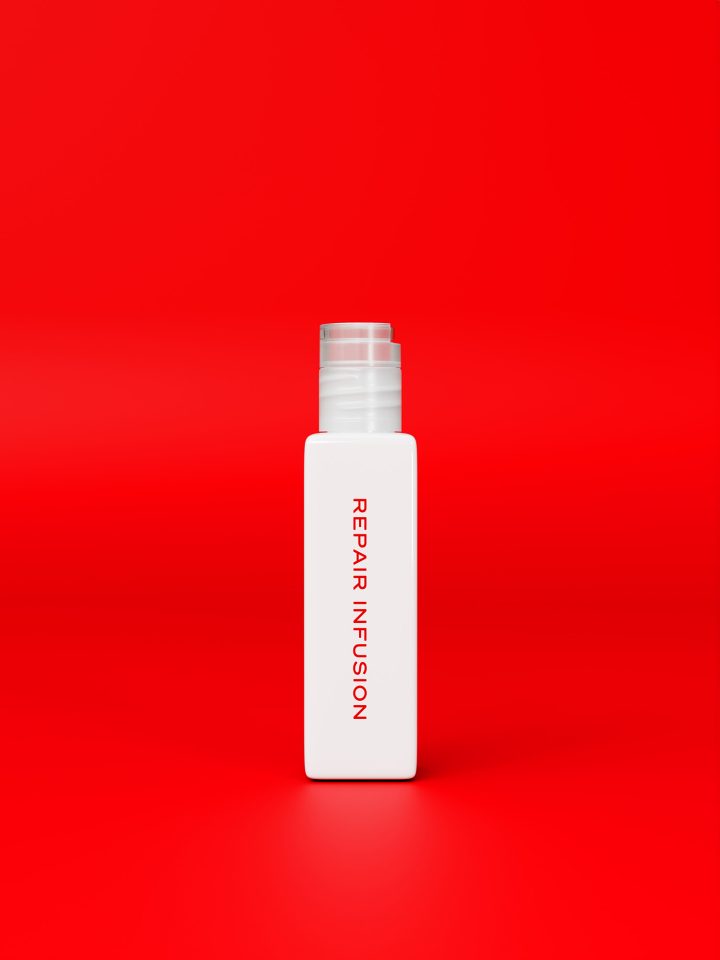What is dandruff?
Dandruff is a common problem experienced by many people and it can be difficult to know what the cause is and how to get rid of it. In this article, we'll look at the 4 most common causes of dandruff - dry scalp, fungal infection, psoriasis, and seborrheic dermatitis. You'll also get practical tips to get rid of dandruff. Let's get started!
What is dandruff?
Dandruff is an extremely common skin problem most often associated with small white flakes on the scalp. Dandruff can also look yellowish or grayish and collect in the hair or fall on the shoulders. There are many different causes of dandruff and besides irritated scalp and flakes that collect in the hair or on the shoulders, dandruff can also make your hair lifeless.
Why do you get dandruff?
Dandruff caused by dry scalp: Dandruff caused by dry scalp will usually look like small white flakes that can come off when you run your fingers through your hair. In addition, in cases of dandruff due to dry scalp, itching and flaking can worsen during the winter months when there is less moisture in the air. If you have these symptoms and do not experience any redness or inflammation of the scalp, this may indicate that it is a case of dandruff caused by dry skin rather than fungus. If you think your dandruff problems might be caused by dry scalp, read more about our top tips for treating dry scalp.
Dandruff caused by fungal infections: Fungal infections of the scalp can also cause dandruff due to increased cellular waste from the irritated area.
If the dandruff is accompanied by an itchy, red scalp and oily patches of skin or scales, it may be caused by a fungal infection. Fungal infections are often difficult to identify on their own but can be confirmed by a scalp scraping test performed by a dermatologist. Other signs pointing to a fungal infection include the presence of yellowish-white flakes on the scalp, hair loss in circular patches, scaling around the ears or neck, and itching that gets worse with scratching.
Is it dandruff or psoriasis?
Psoriasis is an autoimmune disease that causes skin cells to reproduce rapidly, resulting in dead skin cells being shed faster than usual.
If your dandruff appears suddenly and in patches instead of just spreading to your scalp, or if you have other signs of psoriasis such as redness, itching and scaling on other parts of your body (such as elbows or knees), it is likely that psoriasis may be causing the dandruff.
Is it dandruff or seborrheic dermatitis?
Seborrheic eczema is an inflammatory condition that irritates the skin and disrupts its normal turnover cycle, resulting in excess flaking. In all cases, the right treatment for dandruff must be established to reduce symptoms and promote healthy hair growth.
Dandruff caused by seborrhoeic eczema is generally characterized by red, scaly patches of skin on the scalp, accompanied by greasy or dry flakes. It can also include other parts of the body such as the eyebrows, folds behind the ears and around the nose and mouth, chest and upper back. Other symptoms may include itching, burning sensation on the affected area(s), soreness of the scalp/skin when scratched. In comparison to a fungal infection which usually results in a flaky white or yellowish scaling on the scalp (without signs of inflammation), seborrheic dermatitis is more likely to be accompanied by redness and irritation.
How to get rid of dandruff?
There are many ways to treat and prevent dry scalp. Here are 6 of our top tips:
1. get rid of dandruff with sulfate-free shampoo: You need a shampoo that is moisturizing and repairing. Avoid at all costs shampoos that contain chemicals such as sulfates, cyclic silicones and parabens as these will only dry out your hair further. Instead, choose a mild shampoo that Caring Shampoo with natural ingredients such as hyaluronic acid, avocado oil and Piroctone Olamine that have a soothing effect on the scalp.
2. wash your hair at most 2-3 times a week: There is a myth that you should wash your hair every day to keep it healthy and clean it from dirt and grease. Actually, it is better to wash your hair at most 2-3 times a week. This is especially true if you have dry and damaged hair. If you wash your hair too often, it will become dry and lifeless.
3. use a moisturizing conditioner after every wash: While shampoo shouldn't be used more than 2-3 times a week, you can actually use our Caring Conditioner in your hair every day to moisturize it and keep it healthy. The conditioner will take care of the dry and damaged areas of your hair, leaving it soft and easier to detangle. Also remember that you should never shampoo your hair without conditioner afterwards, as this can make it even more dry and damaged.
4) Drink enough water: Dry scalp is basically caused by a lack of moisture in the scalp. Therefore, be careful to drink enough water. An adult needs about 1.5 - 2 liters of water per day.
5. Add a hair mask to your weekly routine: A moisturizing hair mask like ours Caring Masque is a perfect way to moisturize your hair. A hair mask with moisturizing ingredients like shea butter, hyaluronic acid and avocado oil will make your hair softer, shinier and more elastic. Apply the mask 1-2 times a week or more often if your hair feels dry and lifeless.
6. protect your hair when heat styling: Most of us sometimes use heat tools to style our hair in some way, and it's not always easy to do it in a gentle way. High heat is very damaging to your hair, so it is important that you protect your hair from damage. Always use some type of heat protectant spray or cream like ours Nourishing Heat Protection before using heat to style your hair.
FAQ
Q: How do I get rid of dandruff caused by a fungal infection?
A: If you think your problem is caused by a fungal infection, you can read more about treatments for dandruff caused by fungal infections here.
Q: How do I get rid of dandruff caused by psoriasis?
A: If you suspect that psoriasis is the cause of your dandruff problems, the only way to know for sure is to visit a doctor who can help make an accurate diagnosis so that they can provide appropriate treatment options.
Q: How do I get rid of dandruff caused by seborrheic dermatitis?
A: If you suspect you have seborrheic dermatitis, you can read more about this common problem and get advice in this article on seborrheic dermatitis.
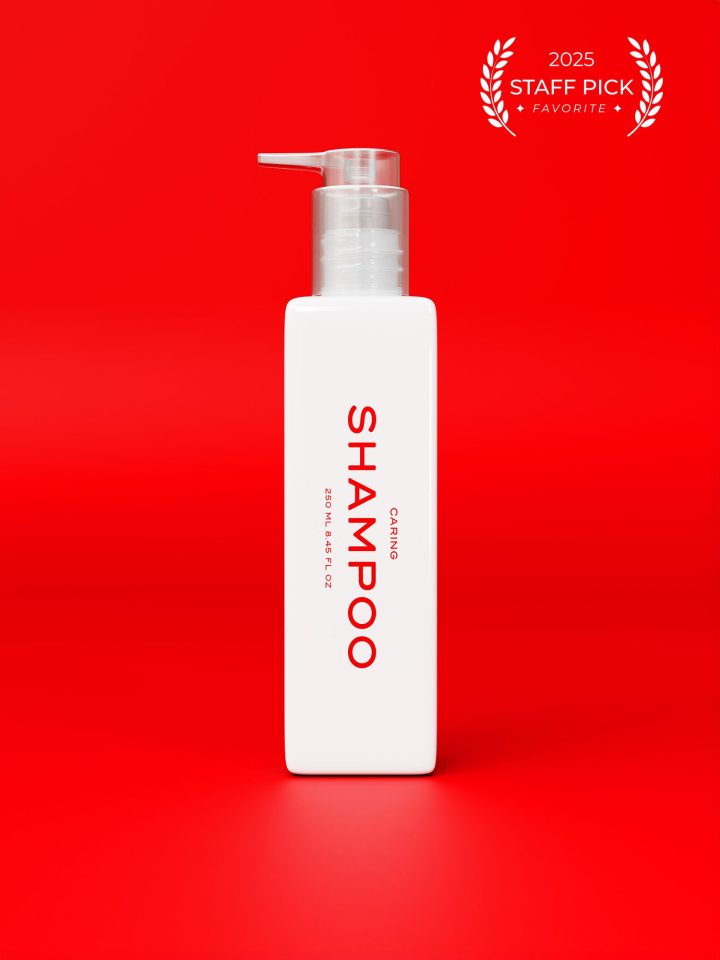
Caring Shampoo Gentle sulfate-free moisturizing shampoo 26,00 € - available on subscription from every 7 weeks
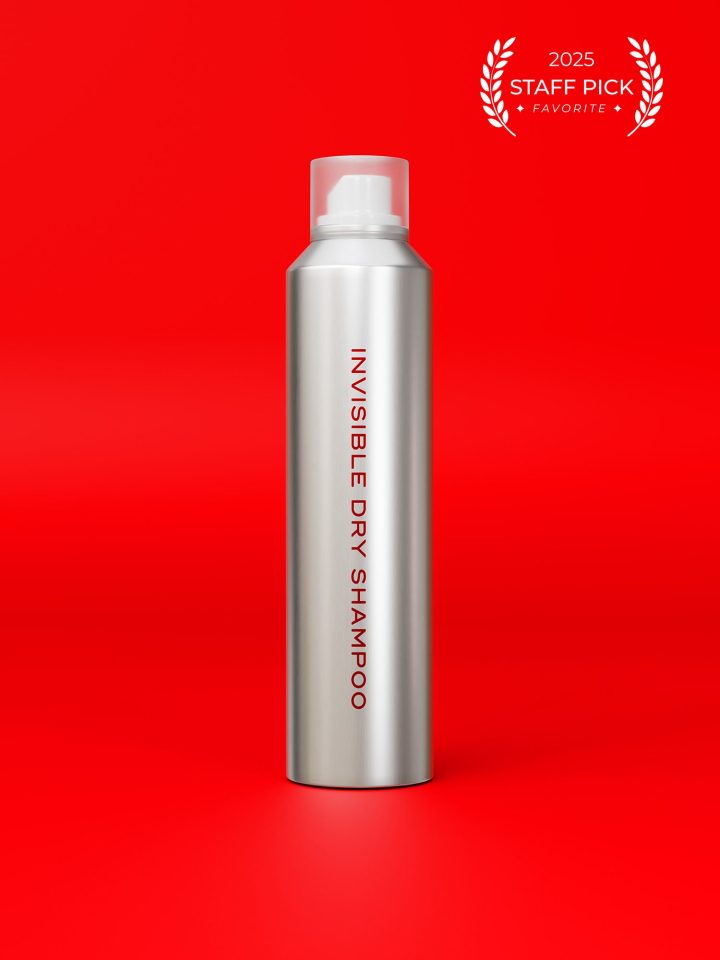
Invisible Dry Shampoo Fresh hair instantly without product residue 27,00 € - available on subscription from every 10 weeks
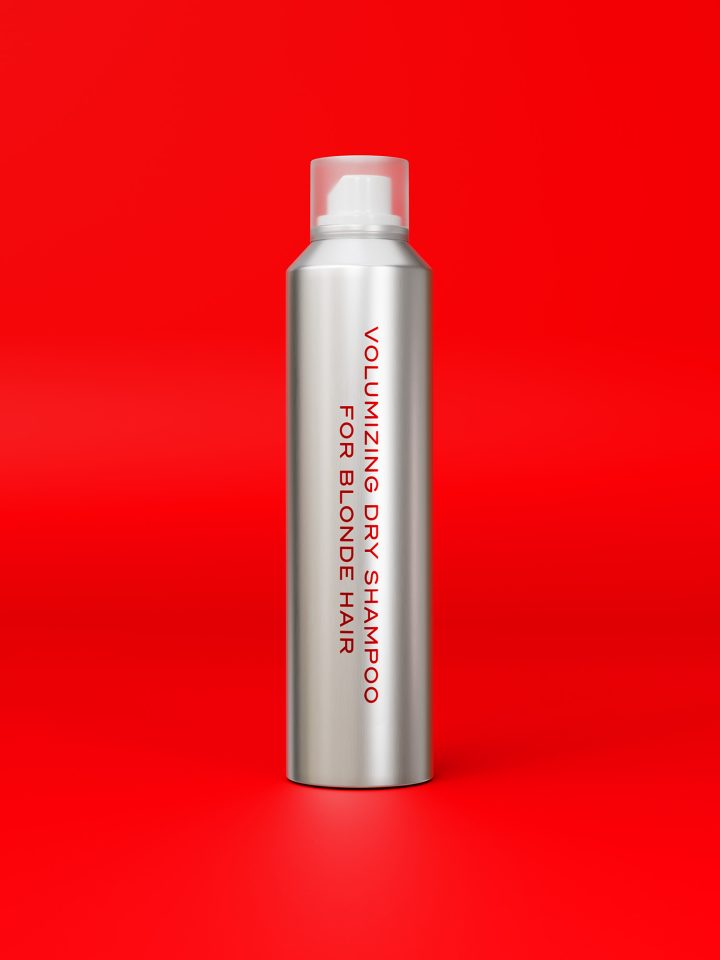
Volumizing Dry Shampoo Blonde Instant volume without irritating the scalp 27,00 € - available on subscription from every 10 weeks
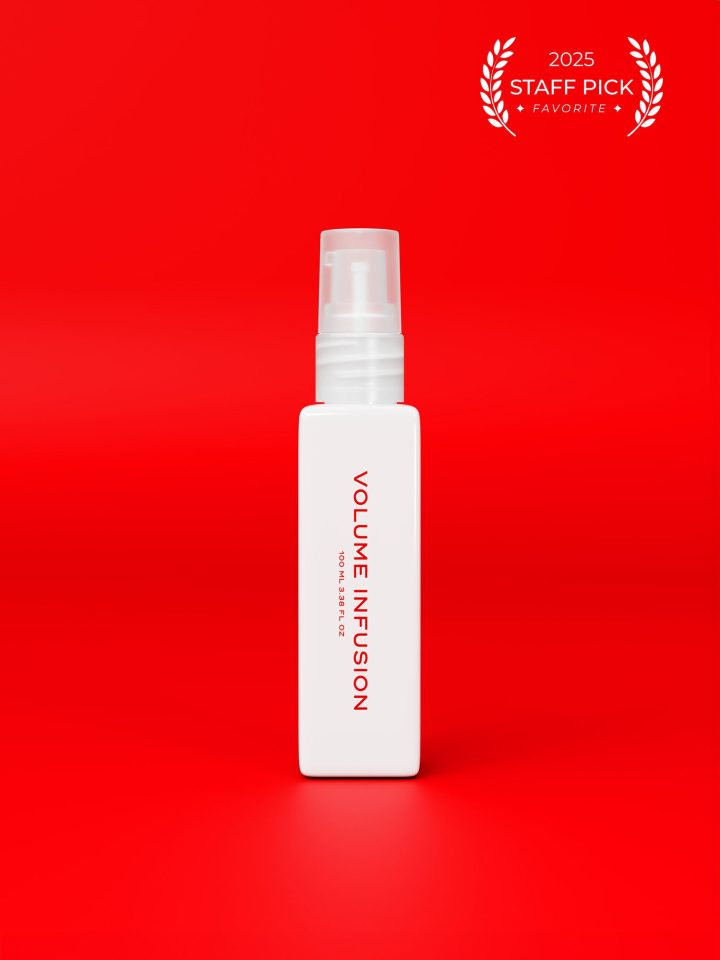
Volume Infusion - Booster Volume straight from the shower without styling 30,00 € - available on subscription from every 7 weeks
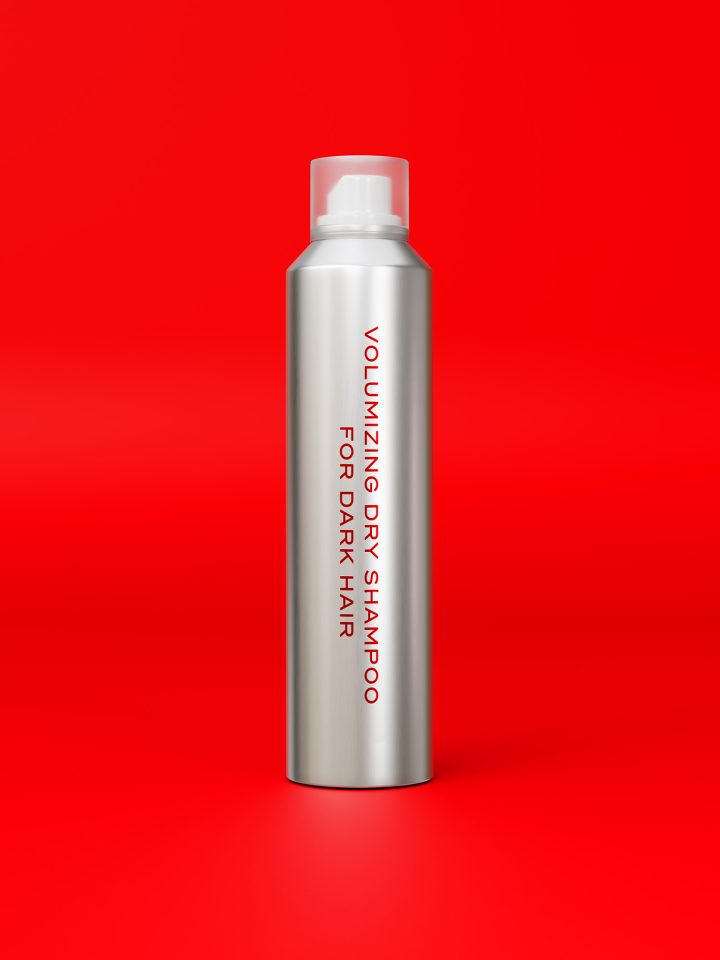
Volumizing Dry Shampoo Dark Instant volume without irritating the scalp 27,00 € - available on subscription from every 10 weeks
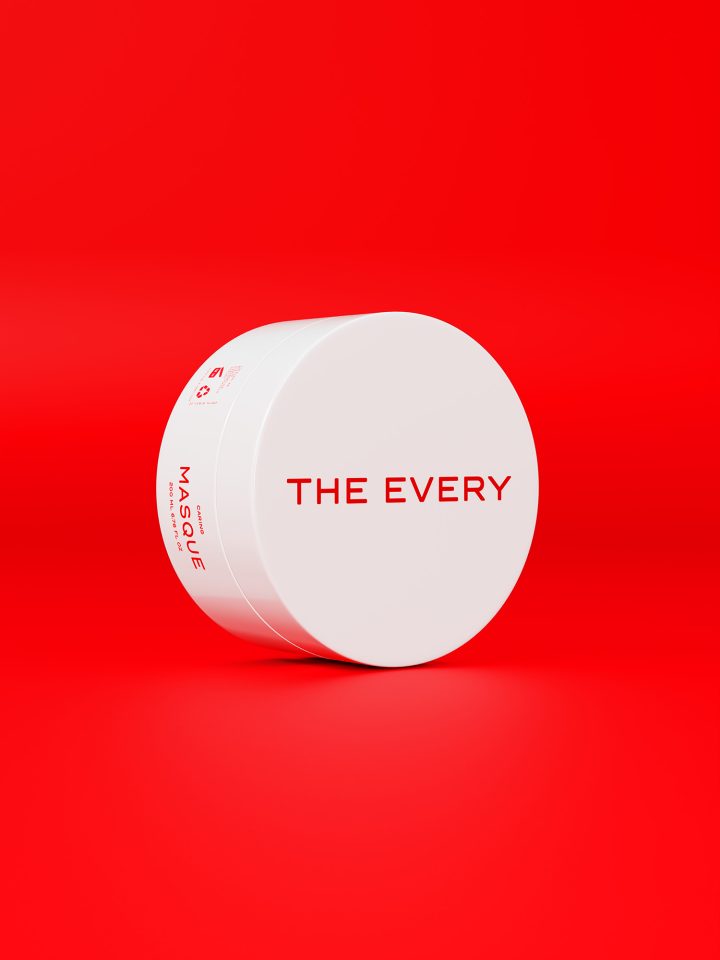
Caring Masque Intensively nourishing hair mask with shea butter 35,00 € - available on subscription from every 10 weeks
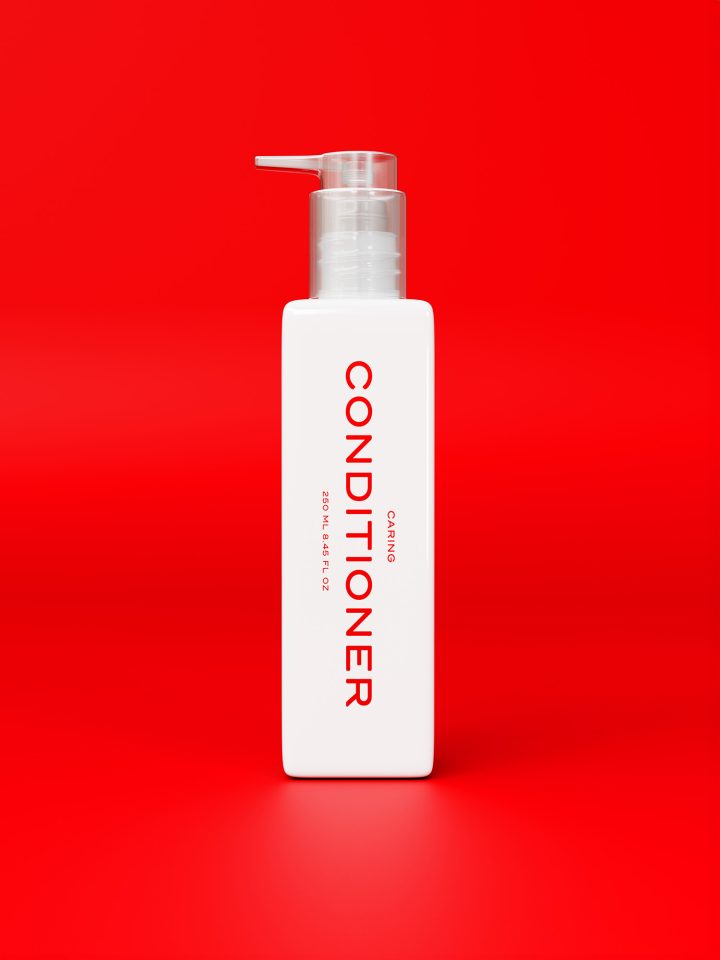
Caring Conditioner Gentle sulfate-free moisturizing conditioner 26,00 € - available on subscription from every 7 weeks
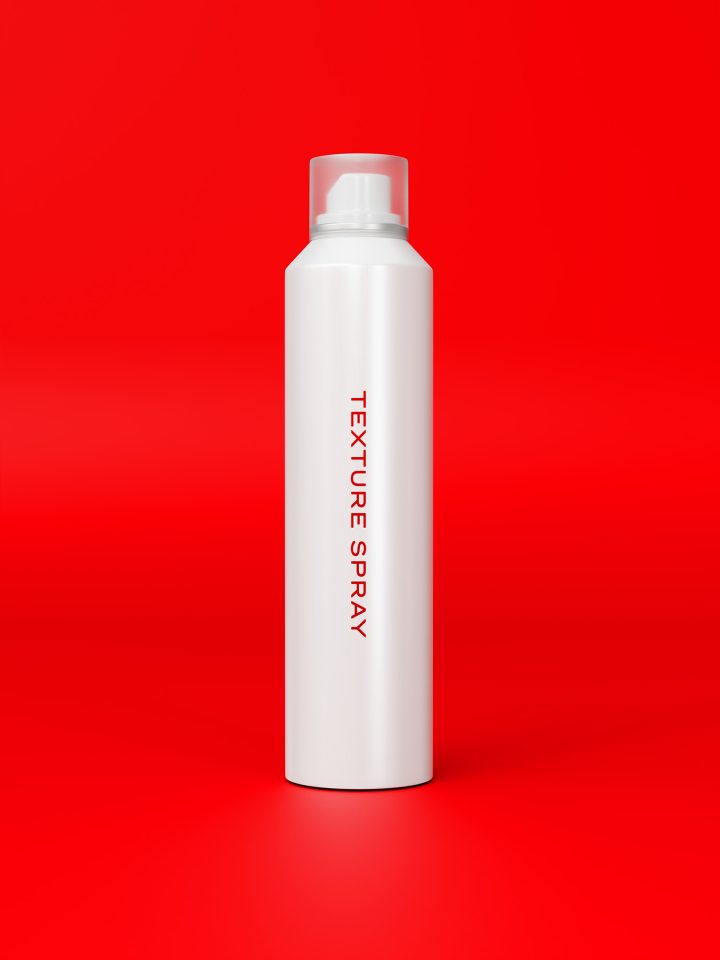
Texture Spray Instant volume without a sticky feeling 27,00 € - available on subscription from every 7 weeks
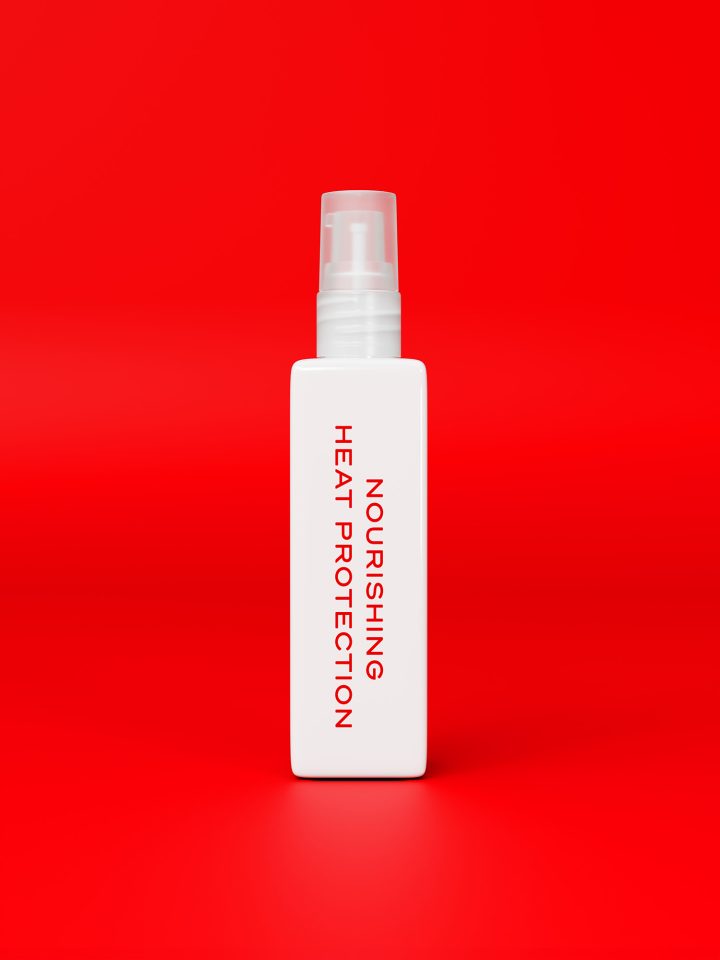
Nourishing Heat Protection Ultra-protective, nourishing leave-in cream 27,00 € - available on subscription from every 7 weeks
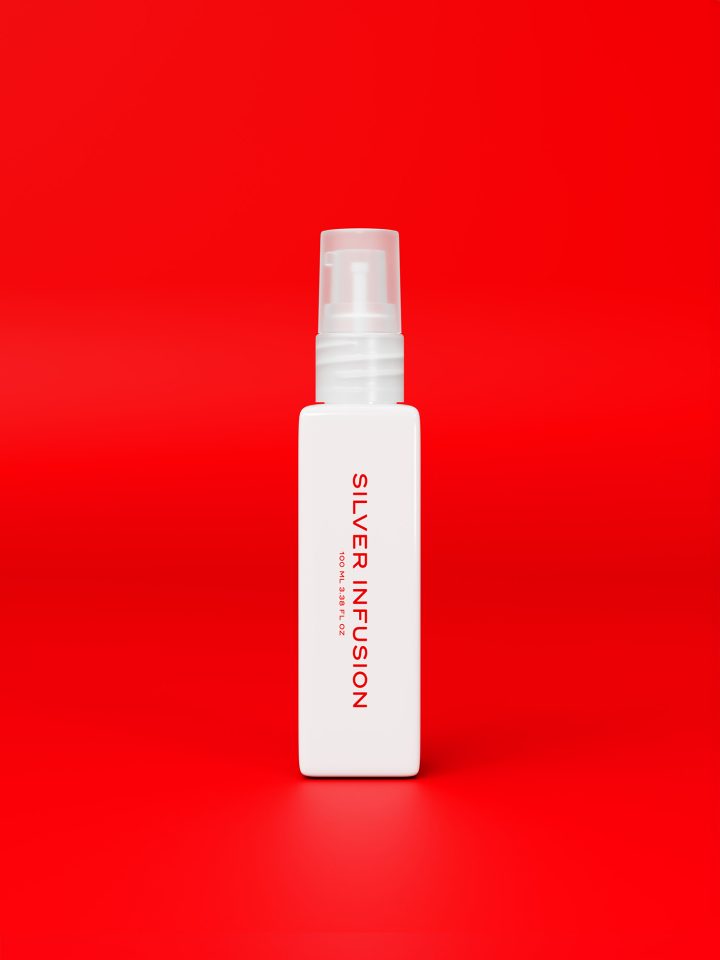
Silver Infusion - Booster Color correcting booster for cool tones 30,00 € - available on subscription from every 7 weeks
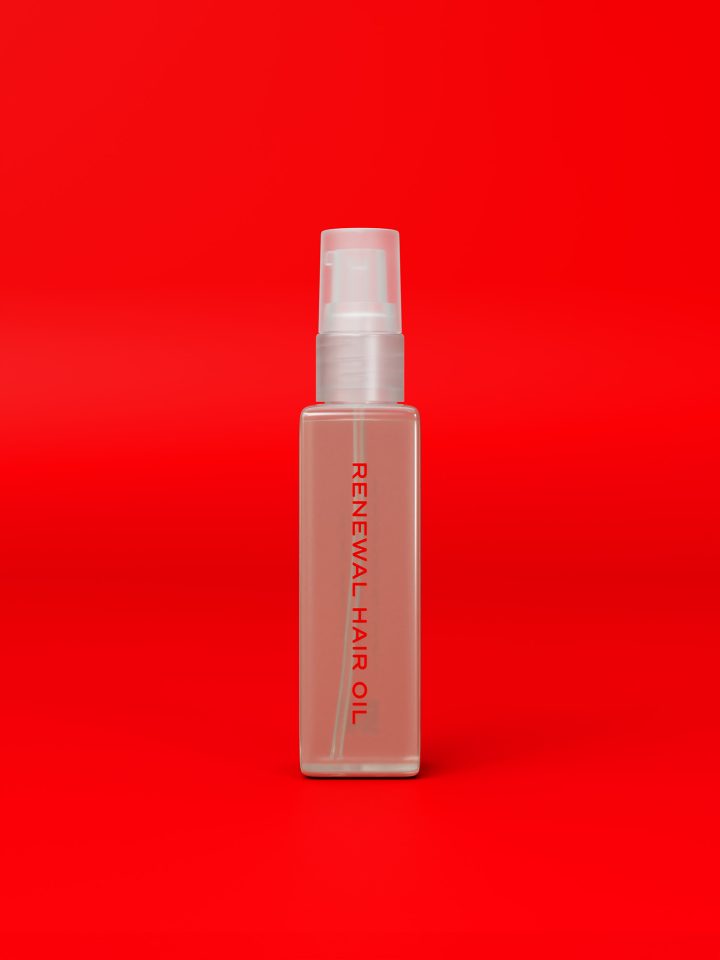
Renewal Hair Oil Nourishing & shine-giving hair oil 45,00 € - available on subscription from every 7 weeks
